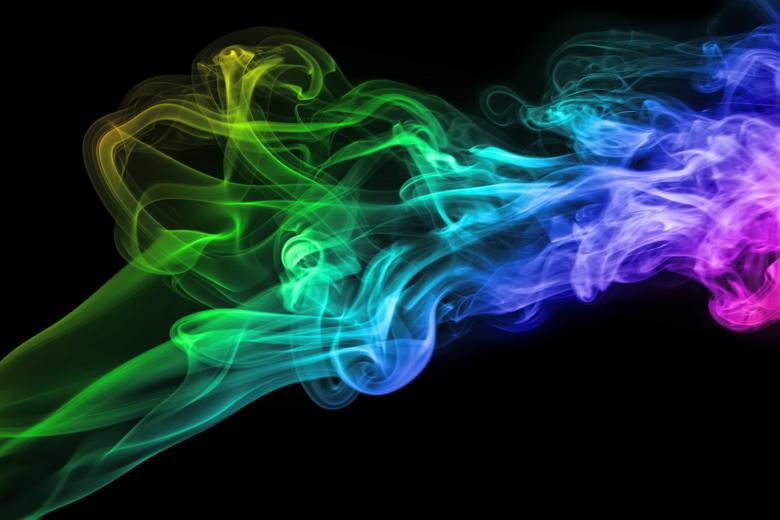Spanish versions and validation of a series of rating scales and visual analogue scales to assess the subjective effects of cannabis
Authors:
Alberto Sainz-Cort, Marta Martín-Islas, Genís Oña, Daniel Jiménez-Garrido, Miriam López-Navarro, Elena Muñoz-Marrón, Raquel Viejo-Sobera, and José Carlos Bouso.
Journal:
International Clinical Psychopharmacology
Year:
2023
About the study
This study focuses on the psychometric evaluation of scales measuring the subjective effects of cannabis in Spanish-speaking populations. The changing legal status of cannabis globally and the increasing regulation of its use for medical and recreational purposes necessitate understanding its neuropsychological impact, which includes a range of subjective psychological and behavioral effects.
Abstract
Cannabis is being legalized for medical and recreational purposes all around the world. However, the understanding of the psychological effects of cannabis is still limited, and it has been previously linked to mental disorders such as schizophrenia. Lately, new scales have been created and adapted to measure its psychological effects. The aim of this study is to create Spanish versions of some of these scales and test their psychometric characteristics. One hundred sixteen participants were recruited from Cannabis Social Clubs (CSC) in Barcelona, Spain. Participants under the effects of their own cannabis completed the Cannabis Experience Questionnaire–modified version (CEQ-mv), Addiction Research Centre Inventory-18 (ARCI-18), Psychotomimetic States Inventory (PSI) and Visual Analogue Scales (VAS). Questionnaires were completed in the CSC, providing a naturalistic setting for the study. Exploratory factor analysis and internal consistency were analyzed. PSI was reduced from a 6-factor to a 4-factor model with adequate to low reliability, ARCI-18 was reduced from a 3-factor to a 2-factor model with good reliability, and VAS were reduced from a 4-factor to a 3-factor model, also with good reliability. These questionnaires showed adequate reliability and can be used in future studies to test the subjective effects of cannabis in clinical and naturalistic settings.
Photo by 2happy on Stockvault.
Categories:
Studies & papers
, Cannabis
Tags:
cannabis
, scientific research
, study
, psychometrics
, subjective effects
, THC

